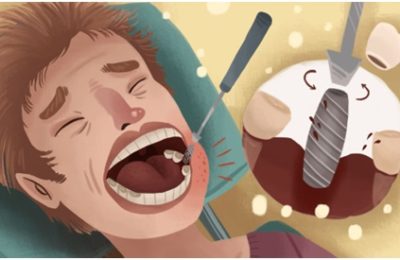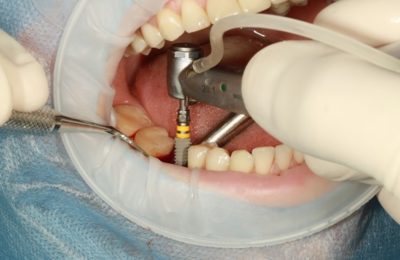Addiction counsellors are like support systems that can help people struggling with their addiction. They can provide counselling to individuals for different kinds of addiction, including eating disorders, alcohol, and drugs. Two of the most important reasons why an experience addiction counsellor can help an individual are offering guidance free of judgment-free and a relationship built on mutual trust.
An addiction counsellor’s role in the recovery of a person with addiction can be divided into the following categories:
Form an Alliance
The bond between a patient and their counsellor is known as the therapeutic alliance. If the alliance is a strong one, the patient will be more likely to continue down the path to recovery. Alliances can be made stronger if the counsellor is able to show genuine interest in the patient’s well being. They will be strengthened when the patient sees how attentive the counsellor is towards them during sessions. Matters would improve even more if a counsellor can show empathy with the patient’s problems. Better uninterrupted communication is always a plus in such a relationship. Through their actions, the counsellors can help a patient feel comfortable during sessions. If they feel they aren’t being judged, the patients are more likely to open up and even participate.
Encourage the Patient
Addiction counsellors understand how difficult recovering from addiction can be. They also realize that many patients might not be convinced that counselling could help them. The role they play also involved motivating a patient to continue treatment. This is achieved through empathic behaviour, respecting the patient, and affirming the latter’s faith in themselves, as well as, the counselling. They will also change the way they deal with a patient based on what motivates patient to seek recovery.
Help the Patients Plan for Relapse
As mentioned before, addiction will often result in relapses, which are themselves part of the process of recovery. However, an addiction counsellor will also have planned for such situations. They will work with the patient to ensure that relapses don’t happen. Even if they can’t prevent it, they will work towards bringing the patient back on track once it happens.
Guide the Family Members
Another important aspect of addiction counselling is guiding the friends and family of the patient. If they are to recover, the patients are going to need all the help they can get. It won’t do, if the patient is inadvertently exposed to temptations through their daily interactions with their loved ones. Other times, the family simply chooses to ignore there is a problem. In both cases, the patient’s recovery will be put off.
Recommend Outside Support Groups
By recommending other groups to their patients, addiction counsellors are adding another layer of support. Most of these groups are will be based in the patient’s community. When they attend meetings at such groups, patients will see they aren’t alone.
If you are looking for an addiction counsellor, it is best that you look for one who embodies the aforementioned qualities. Recovery is likely when you have the right addiction counsellor helping you towards it!













